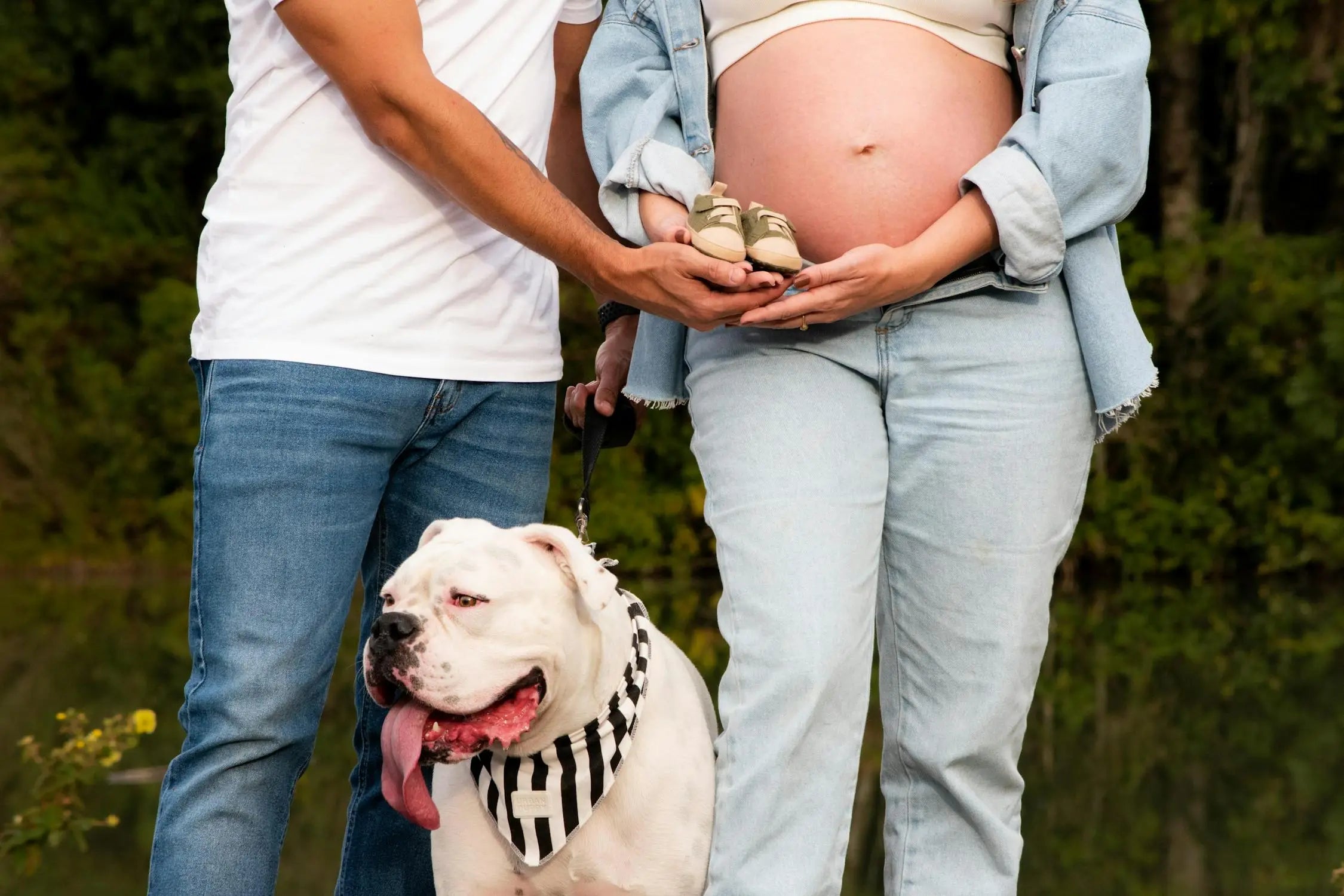Home
Pregnancy, Breastfeeding, and Pumping: The Ultimate Guide for Moms
When to Take Pregnancy Test After Sex: A Comprehensive Guide

When to Take Pregnancy Test After Sex: A Comprehensive Guide
Deciding when to take a pregnancy test after sex can be a nerve-wracking experience. Whether you're hoping for a positive result or dreading it, timing is everything. Taking a test too early can lead to false negatives, while waiting too long can prolong anxiety. This guide will walk you through the science behind pregnancy tests, the best time to take one, and what to do if you're unsure about the results.
Understanding How Pregnancy Tests Work
Pregnancy tests detect the presence of human chorionic gonadotropin (hCG), a hormone produced by the placenta after a fertilized egg attaches to the uterine lining. This hormone is typically present in the body only during pregnancy. Most home pregnancy tests are designed to detect hCG in urine, while blood tests conducted by healthcare providers can measure hCG levels more precisely.
The Role of Ovulation and Fertilization
To determine the best time to take a pregnancy test, it's essential to understand the process of ovulation and fertilization. Ovulation occurs when an egg is released from the ovary, typically around the middle of a menstrual cycle. If sperm is present in the fallopian tube during this time, fertilization can occur. The fertilized egg then travels to the uterus, where it implants into the uterine lining, triggering the production of hCG.
When Can You Take a Pregnancy Test After Sex?
The timing of a pregnancy test depends on several factors, including the length of your menstrual cycle and when you ovulated. Here's a breakdown of when you can expect accurate results:
1. Early Testing (7-10 Days After Ovulation)
Some highly sensitive pregnancy tests claim to detect hCG as early as 7-10 days after ovulation. However, testing this early increases the risk of a false negative, as hCG levels may not yet be high enough to detect. If you test early and receive a negative result, it's advisable to retest a few days later.
2. Optimal Timing (10-14 Days After Ovulation)
For the most accurate results, it's recommended to wait at least 10-14 days after ovulation to take a pregnancy test. By this time, hCG levels should be detectable in urine if you're pregnant. Testing during this window minimizes the chances of a false negative and provides more reliable results.
3. After a Missed Period
If you're unsure when you ovulated or have irregular cycles, waiting until after you've missed your period is the safest bet. Most pregnancy tests are designed to provide accurate results around the time of a missed period, as hCG levels are typically high enough to detect by then.
Factors That Can Affect Test Accuracy
Several factors can influence the accuracy of a pregnancy test, including:
1. Test Sensitivity
Different pregnancy tests have varying levels of sensitivity to hCG. Some tests can detect lower levels of hCG, making them suitable for early testing, while others require higher levels for accurate results. Always check the sensitivity of the test you're using to determine when it's best to take it.
2. Timing of the Test
Taking a pregnancy test too early or at the wrong time of day can affect its accuracy. For the most reliable results, take the test first thing in the morning when your urine is most concentrated.
3. User Error
Improper use of a pregnancy test, such as not following the instructions or misreading the results, can lead to inaccurate outcomes. Always read the instructions carefully and ensure you're using the test correctly.
What to Do If You're Unsure About the Results
If you're unsure about the results of your pregnancy test, consider the following steps:
1. Retest After a Few Days
If you tested early and received a negative result, wait a few days and retest. hCG levels double every 48-72 hours during early pregnancy, so waiting a few days can provide a clearer result.
2. Consult a Healthcare Provider
If you're still unsure or experiencing symptoms of pregnancy, consult a healthcare provider. They can perform a blood test to measure hCG levels more accurately and provide guidance based on your specific situation.
3. Monitor Your Symptoms
Pay attention to any symptoms of pregnancy, such as nausea, fatigue, or breast tenderness. While these symptoms can also be caused by other factors, they may provide additional clues about your pregnancy status.
Emotional Considerations and Support
Waiting to take a pregnancy test and interpreting the results can be an emotional rollercoaster. Whether you're hoping for a positive or negative result, it's essential to take care of your mental health during this time. Lean on trusted friends or family members for support, and consider seeking professional counseling if needed.
Knowing when to take a pregnancy test after sex can make all the difference in getting accurate results and reducing unnecessary stress. By understanding the science behind pregnancy tests, considering the timing of ovulation, and being aware of factors that can affect accuracy, you can approach this process with confidence. Remember, if you're ever in doubt, consulting a healthcare provider is always the best course of action.
Share
